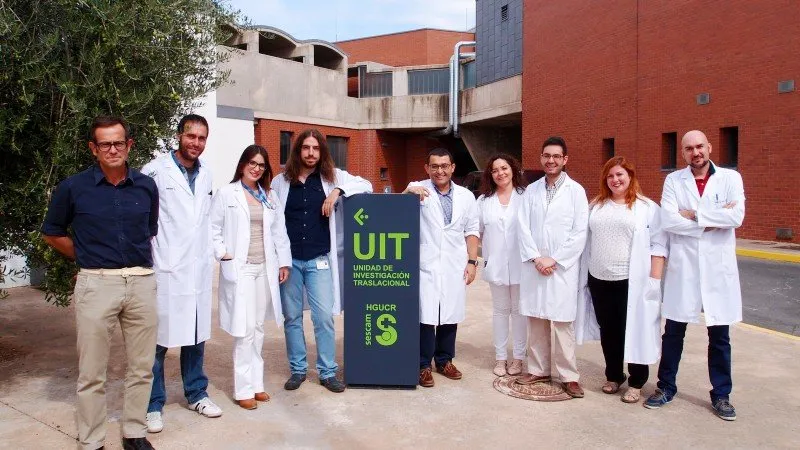In a work recently published in Scientific Reports 2018 Magazine, the Diabetes and Obesity Research Group with the aging of the University of Castilla-La Mancha (UCLM) deepens the function that the S-resistin exerts on the regulation of glycemia in blood glucoseThe organism.
The study, carried out in the Wistar rat line, concludes that by decreasing the function of this protein in the hypothalamus using molecular biology tools, it improves the response to insulin and decreases inflammation markers both in the hypothalamus and in the bloodstream.
S-resistine is a protein described and characterized by the research group directed by professors Carmen Arribas, of the Faculty of Environmental and Biochemistry Sciences in Toledo, and Nilda Gallardo and Antonio Andrés, of the Faculty of Sciences and Chemical Technologies of CiudadReal.It is located mostly in the nuclei of the hypothalamus neurons responsible for regulating food intake and energy expenditure, as well as in visceral adipose tissue cells, the UCLM reported in a press release.
In this basic research, carried out in the Wistar rat line, whose metabolism is very similar to the human, the authors show that by decreasing the function of this protein in the hypothalamus with molecular biology tools, an improvement in the parameters referring to theinsulin sensitivity.
That is, animals capture glucose more efficiently and an improvement is detected both in the response to insulin and leptin of the central nervous system.In addition, there is a decrease in inflammatory processes in the hypothalamus, as well as a significant decrease in the weight of the visceral adipose tissue.These effects as a whole, "translate into an improvement in peripheral sensitivity to insulin throughout the body," explains Professor Carmen Arribas.
The main objective of the group, attached to the Regional Center for Biomedical Research (Crib), is to find out if the S-resistine is involved in the cellular response to insulin and, if affirmative, in what way.
"If we manage to unravel the intracellular mechanisms used by s-resistine to modify cell activity and consequently its effect on the global activity of the organism, we will be able to understand and apply the knowledge generated for the treatment of metabolic diseases such as diabetes and other otherRelated, "says the teacher.Therefore, "continuing to investigate is still the best way to address future clinical applications."
For this work, financed by the Ministry of Economy and Competitiveness, the Junta de Aguas de Castilla-La Mancha and the UCLM, the professor and researcher María Rodríguez received the Scientific Prize 'Margarita Lorenzo', awarded by the Spanish Society of Biochemistry and BiologyMolecular and the Lilly Foundation to recognize the investigation carried out in the field of diabetes, obesity and metabolic regulation.


